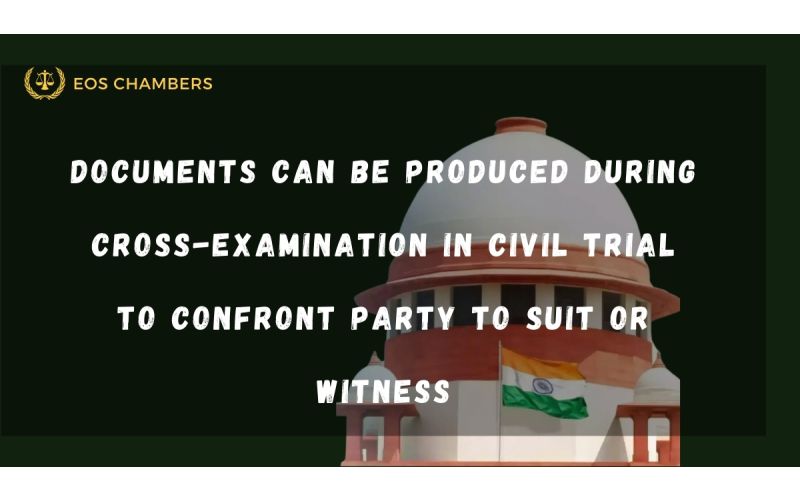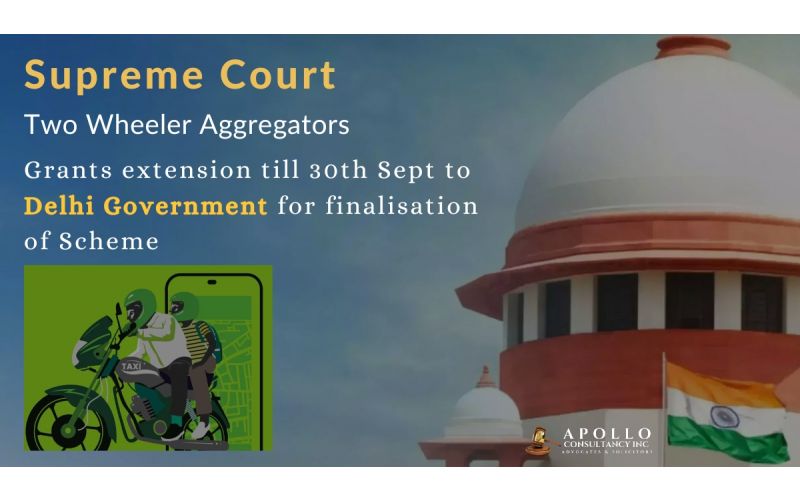'No right for queer couples to jointly adopt’: SC in same-

'No right for queer couples to jointly adopt’: SC in same-sex marriage verdict
The CJI said the law didn't preclude unmarried couples from adopting.
Chief Justice of India DY Chandrachud, while announcing his verdict on a clutch of petitions demanding legal status to same-sex marriages, today struck down the Central Adoption Resource Authority's (CARA) regulation that restricted queer and unmarried couples from adopting children. The five-judge bench, however, in a 3:2 verdict, ruled that non-heterosexual couples cannot be granted the right to jointly adopt a child.
CJI Chandrachud said it couldn't be assumed only "heterosexual married couples can be good parents".
CARA is a statutory body affiliated to the Ministry of Women and Child Development. It is the nodal body for adoption of Indian children. It regulates and monitors all adoptions taking place in India, including inter-country adoptions.
The CJI said the law didn't preclude unmarried couples from adopting, and that the Union of India hadn't proven restricting unmarried couples from adopting was in the best interest of children. "CARA has exceeded its authority in barring unmarried couples," he said.
"Differentia between married couples and unmarried couples has no reasonable nexus with the objective of CARA - the best interests of the child," CJI Chandrachud said.
He said the CARA circular (which excludes queer couples from adoption) is violative of Article 15 of the Constitution, reported Live Law.
The Supreme Court on Tuesday declined to grant legal recognition to same-sax marriages, holding that it is only for Parliament and state legislatures to create such institutions and grant them legal validation.
The Constitution bench -- comprising CJI Dhananjaya Y Chandrachud and justices Sanjay Kishan Kaul, S Ravindra Bhat, Hima Kohli and PS Narasimha -- were unanimous in their judgement that it was beyond the remit of courts to issue a positive direction to the legislature to accord legal recognition to same-sex marriages.
The court refused to change the meaning of the Special Marriage Act. However, it declared queer couples have the right to cohabit without any threat of violence, coercion or interference.
Three of the five judges ruled there can't be a right to form civil unions. By the same majority, the court also held that non-heterosexual couples cannot be granted the right to jointly adopt a child.
Post Categories
Featured Posts
Latest Posts
Latest Posts

Digital Arrest Navigating Cyber Crime Laws in India...
In today's digital era the concept of digital arrest has taken center stage reflecting the evolving legal response to cyber crimes in India With the rise in online fraud hacking cyberbullying and identity theft the need to protect citizens and...

Legal Challenges in Cryptocurrency and Blockchain Exploring the Evolving Legal Landscape...
The rise of cryptocurrencies and blockchain technology has revolutionized the financial world but it has also brought about a series of complex legal challenges As more businesses and individuals adopt digital currencies and decentralized systems governments and regulatory bodies are...

Why Is CARA Delaying Adoption Process Supreme Court Calls For Prompt Action To Benefit...
The Supreme Court on Friday raised serious concerns over the delays in the adoption process and the potential impact on both aspiring parents and children in need of loving homes The remarks came from a bench comprising CJI DY...

Documents Can Be Produced During Cross-Examination In Civil Trial To Confront Party To Suit...
In a notable judgment the Supreme Court has held that a document can produced during cross-examination in a civil trial to confront a party to the suit or a witness The Court also held that there is no distinction between...

Legal Challenges in Remote Work Solicitors' Guide...
Introduction As remote work continues to redefine the modern workplace it brings with it a host of legal considerations that businesses and employees must navigate From data protection to employment law and contractual obligations the shift to remote work presents...

Supreme Court Grants Extension Till September To Delhi Government For Finalisation Of Scheme Two...
The Supreme Court on Monday directed the Delhi government to finalise the Delhi Motor Vehicle Aggregator and Delivery Service Provider Scheme for regulation of two wheeler aggregators by September The Division Bench of Justice Aniruddha Bose and Justice...

Speak With Our
Get a Appointment
















